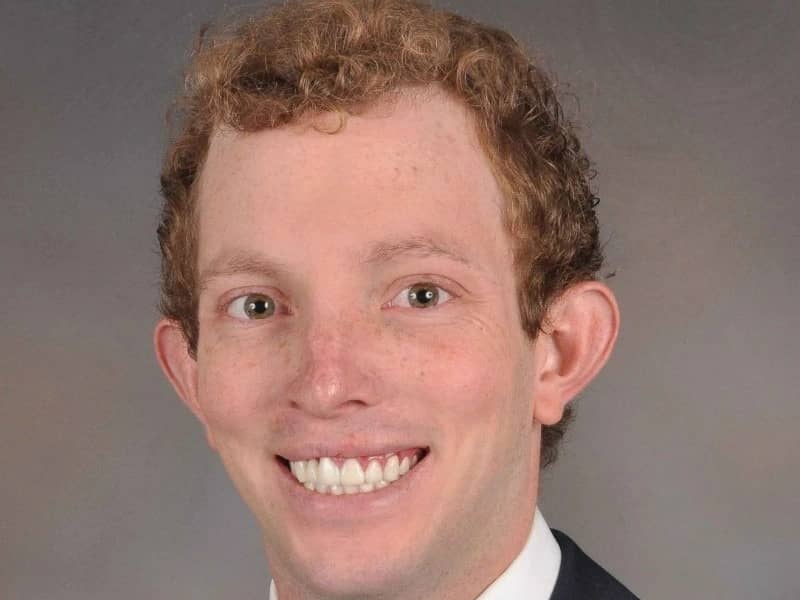위키 구독하기
Share wiki
Bookmark
Nathan Allman
0%
Nathan Allman
Nathan Allman은 Ondo Finance의 설립자 겸 CEO이며, Ondo Finance는 토큰화된 실물 자산(RWA) 플랫폼으로, DeFi 수익에 대한 접근성을 넓히고 다양한 위험 선호도를 가진 사용자를 만족시키기 위해 만들어졌습니다. [1]
교육
Allman은 브라운 대학교에서 경제학 및 생물학 학사 학위를 받았습니다. [1]
경력
Allman은 대체 자산 관리 회사인 Prospect Capital Management에서 1년 동안 어소시에이트로 근무했습니다. 그 후 양적 암호화폐 헤지 펀드인 ChainStreet Capital의 파트너가 되어 2019년까지 그 직책을 맡았습니다. 그 후 Goldman Sachs에서 암호화폐 시장 서비스 구축에 집중했습니다. 2021년에는 회사를 떠나 Ondo Finance를 설립했습니다. [1]
Ondo Finance
UMA Protocol과의 인터뷰에서 Allman은 Ondo Finance 설립, 회사의 목표와 목적, 그리고 미래 계획에 대해 논의했습니다. 소개 중에 그는 금융 분야에서의 자신의 이력을 간략하게 설명했습니다. [2]
“제 배경에 대해 말씀드리자면, 저는 전통적인 금융 배경을 가지고 있습니다. 사모 신용 및 사모 펀드 투자로 경력을 시작했지만 대학 졸업 후 빠르게 암호화폐로 전환했습니다. 2017년 내내 적극적으로 거래하고, ICO에 투자하고, dydx와 같은 초기 DeFi 플랫폼을 탐색했습니다. 그 후 2018년부터 2019년까지 관리했던 암호화폐 헤지 펀드를 시작했습니다. 2019년 중반에는 Goldman Sachs의 디지털 자산 팀에 합류하여 보안 토큰 작업을 포함하여 다양한 암호화폐 및 블록체인 관련 프로젝트를 처리했습니다. 2020년 중반에 암호화폐 시장이 활성화되면서 제 초점은 기관이 해당 공간에서 수익을 활용할 수 있도록 돕는 암호화폐 프라임 브로커리지 데스크의 구성 요소를 구축하는 것으로 옮겨갔습니다.”
그는 자신의 경험이 어떻게 Ondo를 시작하게 되었는지에 대해 이야기했습니다. [2]
“저는 또한 Uniswap 및 SushiSwap과 같은 플랫폼에서 유동성 풀의 개인 포트폴리오를 관리하면서 DeFi에 적극적으로 참여하여 기본 위험을 헤지할 방법을 모색했습니다. 저는 비영구적 손실을 탐색하고 유사한 문제에 직면한 여러 기관과 협력했습니다. 이로 인해 투자자가 잠재적으로 더 높은 수익을 위해 더 높은 위험을 감수하려는 다른 사람에게 풀링된 자산 세트에서 기본 위험을 이전할 수 있는 위험 시장을 만들자는 개념이 생겨났습니다. 우리는 다양한 위험 수준을 제공하는 고정 및 변동 트랜치로 상품을 구성했습니다. 2월에 Goldman Sachs를 떠난 후 이 개념을 구축하는 데 전념했습니다. 우리는 8월에 Ethereum 메인넷에서 처음에는 Uniswap 및 SushiSwap에서 출시했습니다. 우리 플랫폼은 위험을 고위험 및 저위험 노출로 전환하고 단면 유동성 제공을 용이하게 하여 투자자가 UMA 및 Ether와 같은 다양한 자산에서 수익에 대한 간접적 노출을 위해 양면 유동성 풀에 액세스할 수 있도록 합니다.”
그는 왜 전통 금융을 떠나 DeFi로 옮겼는지 묻는 질문에 다음과 같이 답했습니다. [2]
“이 공간에서 무언가를 설립하는 것에 대해 저를 가장 흥분시킨 것은 2020년 내내 DeFi 폭발을 목격하고 참여한 것입니다. 단일 자산 수익과 이중 자산 유동성 풀에서 파생된 수익의 불일치, 특히 시장 비효율성을 관찰하면서 Ondo Trojans를 만들게 되었습니다. 이러한 트로이 목마는 효과적으로 그 격차를 활용합니다. 다양한 전통적인 금융 상품을 DeFi로 가져오는 데에는 구조화된 상품이 단지 한 예일 뿐인 광대한 미개척 잠재력이 있습니다.”
패널
RWA 토큰화
2023년 TOKEN2049에서 Allman은 특히 재무부 채권 및 머니 마켓 펀드와 같은 현금 등가물을 토큰화하는 데 회사가 집중하고 있다고 논의했습니다. 그는 24/7 거래 및 향상된 유동성과 같이 오프체인 자산을 온체인으로 가져오는 이점을 강조하면서 금융 시스템의 투명성과 효율성의 중요성을 강조했습니다. Allman은 토큰화라는 오랜 개념에도 불구하고 현재 시장 상황과 기술 발전으로 인해 더 실현 가능성이 높아졌으며, 이러한 토큰화된 자산을 담보로 더 광범위하게 사용하기 위해 DeFi 프로토콜에 통합하는 것을 목표로 한다고 언급했습니다. 그러나 그는 이 신흥 부문의 유동성 및 규정 준수 문제점을 인정했습니다. [3]
잘못된 내용이 있나요?
